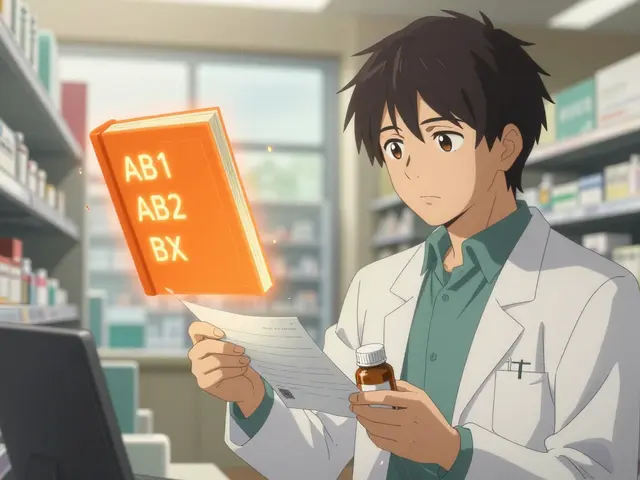Ulcer treatment: how to treat stomach and duodenal ulcers
Did you know most peptic ulcers come from a bacteria called H. pylori or from common painkillers? If you have burning stomach pain, bloating or nausea after eating, this page helps you understand what works, what to expect from tests and medicines, and simple steps you can take right now.
What causes ulcers and how they're diagnosed
Two main causes: H. pylori infection and long-term NSAID use (ibuprofen, naproxen). Less often, ulcers come from smoking, heavy alcohol use, or rare medical problems. Your doctor will usually check for H. pylori with a breath test, stool test or blood test, and may do an endoscopy if symptoms are severe or bleeding is suspected.
Testing matters because treatment changes with the cause. If H. pylori is found, antibiotics are needed. If NSAIDs are the problem, stopping them and protecting the stomach with other medicines is the priority.
Treatment options you’ll hear about
Antibiotics: When H. pylori is present, doctors prescribe a combination of two antibiotics plus a proton pump inhibitor (PPI) for 10–14 days. Common antibiotics include amoxicillin, clarithromycin and metronidazole. Finish the full course—stopping early can cause resistance.
Proton pump inhibitors (PPIs): Drugs like omeprazole, esomeprazole or lansoprazole cut stomach acid so ulcers can heal. PPIs are often continued for 4–8 weeks depending on severity. Take them as directed, usually before a meal.
Bismuth-based therapy: For some H. pylori cases or when resistance is a concern, bismuth plus antibiotics is used. It helps protect the stomach lining and boosts antibiotic effect.
Antacids and H2 blockers: Antacids give quick symptom relief. H2 blockers (less used than PPIs) reduce acid too. These help with pain but don’t replace antibiotics when infection is present.
Lifestyle changes: Stop NSAIDs if possible, quit smoking, limit alcohol and avoid foods that trigger your pain (spicy food, heavy coffee for some people). Eat smaller meals and avoid lying down right after eating.
Shopping for meds online? Only use licensed pharmacies that ask for a prescription for antibiotics and PPIs. Avoid sites selling prescription drugs without a valid prescription—those meds may be fake or unsafe.
When to see a doctor urgently: vomiting blood, black tarry stools, fainting, sudden severe belly pain, or if symptoms get much worse. These can mean bleeding or a perforated ulcer and need immediate care.
Follow-up is important: After H. pylori treatment, your doctor may repeat the breath or stool test to confirm the infection is gone. If symptoms persist despite treatment, ask about further tests or different medication choices.
Bottom line: Most ulcers heal well with the right combination of antibiotics (for H. pylori), acid suppression, and lifestyle changes. Talk to your doctor, stick to the full treatment, and get tested again to make sure the infection is cleared.

Top 9 Cytotec Alternatives: Effective Solutions for Ulcers and Beyond
Explore 9 effective alternatives to Cytotec, focusing on their uses, benefits, and drawbacks. From Omeprazole to Pantoprazole, discover how each medication can address conditions like ulcers, GERD, and excessive stomach acid, providing a comprehensive guide for making informed health decisions.
Detail




